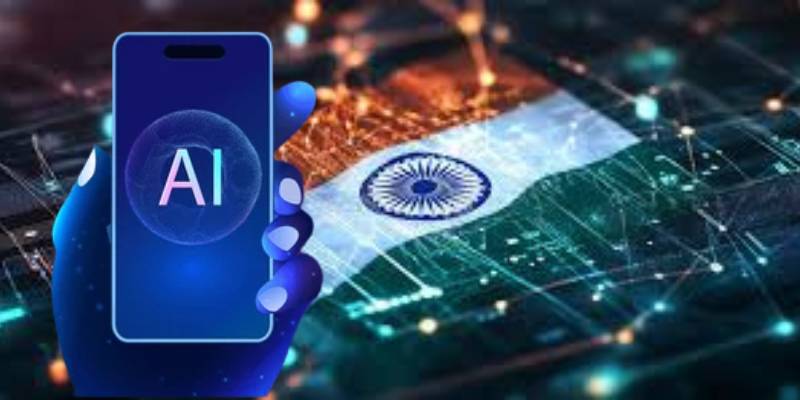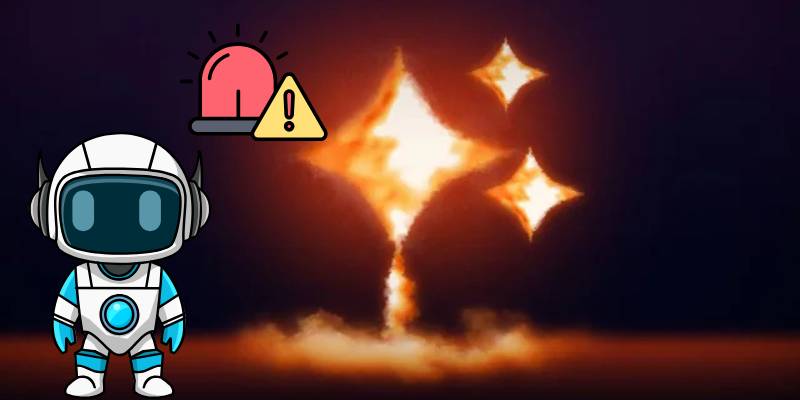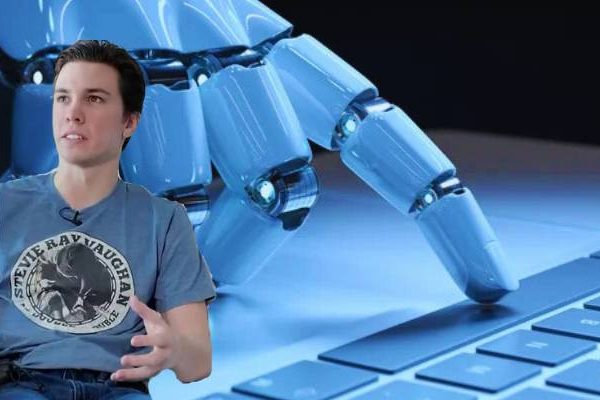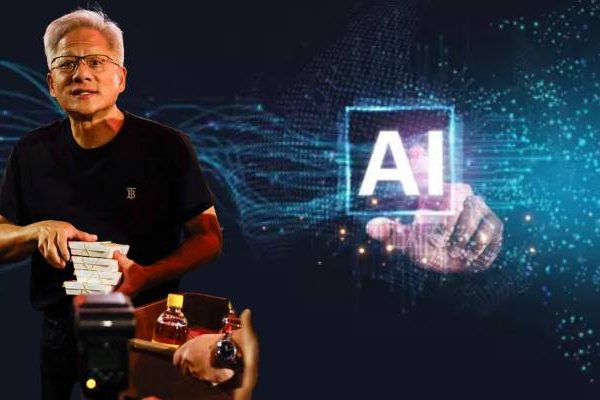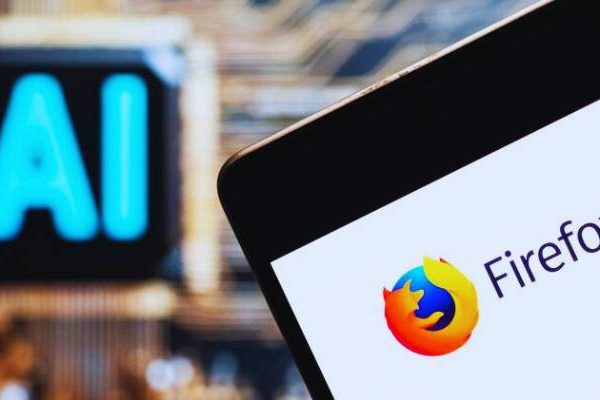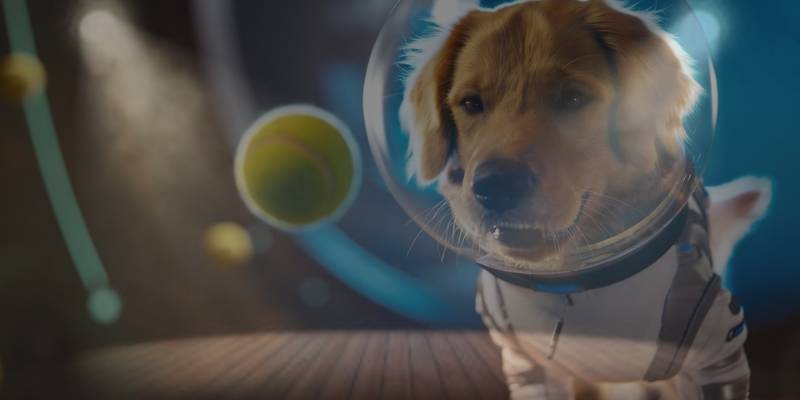
Step Into the Spotlight: OpenAI’s Sora 2 Lets You Become the Star of Your Own AI-Generated Movie
The buzz around OpenAI’s latest release, Sora 2, is no surprise—it’s not every day that a piece of software blurs the line between movie magic and personal storytelling.
Imagine feeding an idea into an app and not only getting a fully rendered scene but stepping into it yourself, complete with synchronized audio.
Sounds like something straight out of a sci-fi flick, right? Well, it just became real.
But here’s the catch: with all that excitement comes an elephant in the room—what happens when reality and imagination start to look a little too similar?
Just last week, Meta rolled out Vibes, their own AI video feed, and the timing couldn’t be more telling.
Tech giants are racing not just to give us new toys but to shape the way we consume media altogether.
What really makes this stand out is the cameo feature—Sora 2 can drop you right into a scene. Picture yourself walking through Times Square in the 1920s or surfing the rings of Saturn.
That’s not just entertainment; it’s storytelling redefined. And OpenAI isn’t the only one pushing boundaries—Adobe’s Firefly Boards is also taking big strides in blending video AI into creative workflows, making collaboration between human imagination and machine learning almost seamless.
Now, some people might be thrilled—“Finally, I get to star in a film without Hollywood’s gatekeepers!”—while others might squirm at the thought.
And they’re not wrong to worry. After all, the rise of AI performers like Tilly Norwood has already sparked heated debates in Hollywood circles.
The Screen Actors Guild isn’t exactly rolling out the red carpet for digital stand-ins.
Personally, I find this whole thing exhilarating and a bit unsettling. It’s thrilling to think I could spin up a short film starring myself as a detective in neon-lit Tokyo—but I can’t help but wonder if in five years we’ll still be able to tell the difference between authentic art and algorithmic invention.
Maybe that’s the real story here: not just that we’re making movies with AI, but that AI is quietly rewriting the script of culture itself.





